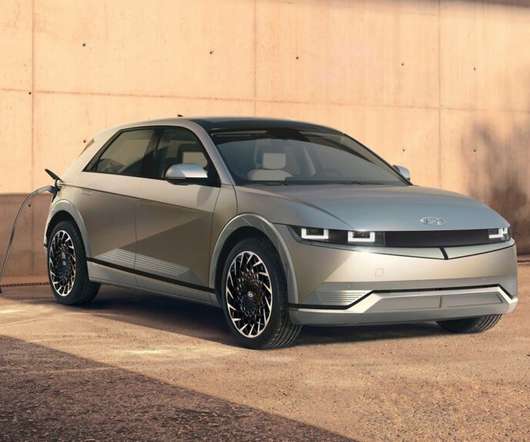The environmental impact of electric cars
Drive Electric
MARCH 25, 2021
Fully electric vehicles are zero-emission and their batteries can be charged using renewable energy. Regenerative braking is built into all electric vehicles and is a feature that helps you maximise range, and makes the process of braking less wasteful.











Let's personalize your content